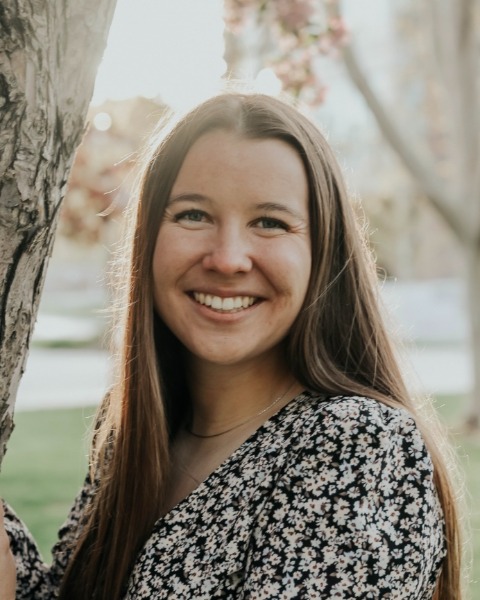Clinical genetic testing
Genetic counseling
Patient-provider communication
36- Barriers in the genetic testing pipeline: Rationale for Re-offering Testing after Refusal
36- Barriers in the Genetic Testing Pipeline: Rationale for Re-offering Testing after Refusal
Monday, June 10, 2024
5:00 PM - 7:00 PM ET
Location: The Gallery

Faith Beers, MS
Research Scientist / Project Manager
University of Washington
Seattle, Washington, United States
Presenter(s)
The Early Detection of Genetic Risk (EDGE) study screened more than 13,000 primary care patients for personal/familial cancer history and offered free genetic testing (GT) for hereditary cancer risk to the 4,673 patients who met cancer history eligibility criteria. Ultimately, only 1,474 individuals completed GT. To better understand barriers along the GT process, we conducted 31 semi-structured interviews with patients who had not completed screening (n=2), had completed the screener but not GT (n=8 ineligible, n=10 refused testing), or had completed GT (n=11).
Patients who did not complete the screener reported technological challenges. Several patients who completed the screener but were ineligible indicated that a lack of knowledge about biological relatives prevented accurate screener completion. Those who refused GT cited concerns over privacy, insurance discrimination, and potential psychological burden. Patients who completed testing were predominately motivated by their personal or family cancer history and uniformly agreed they would pursue GT again. Notably, half of those who refused GT were unsure if they would refuse in the future, and two individuals who initially declined testing requested it during their interview because their circumstances had changed.
These findings demonstrate the fluid nature of patient decision-making around GT for inherited cancers. Patients’ reasons for GT noncompletion change throughout the testing pipeline, and their readiness for screening or testing can change over relatively brief follow-up times. Recognizing that GT is clinically important and that reminders can influence behavior, our results highlight the value of re-offering testing to eligible patients.
Authors: Tesla Theoryn, University of Washington School of Public Health; Faith Beers, University of Washington; Emerson Dusic, University of Washington School of Public Health; Heather Harris, University of Washington; Catharine Wang, Boston University; DaLaina Cameron, University of Washington; Elizabeth Swisher, University of Washington; Susan Brown Trinidad, University of Washington
Patients who did not complete the screener reported technological challenges. Several patients who completed the screener but were ineligible indicated that a lack of knowledge about biological relatives prevented accurate screener completion. Those who refused GT cited concerns over privacy, insurance discrimination, and potential psychological burden. Patients who completed testing were predominately motivated by their personal or family cancer history and uniformly agreed they would pursue GT again. Notably, half of those who refused GT were unsure if they would refuse in the future, and two individuals who initially declined testing requested it during their interview because their circumstances had changed.
These findings demonstrate the fluid nature of patient decision-making around GT for inherited cancers. Patients’ reasons for GT noncompletion change throughout the testing pipeline, and their readiness for screening or testing can change over relatively brief follow-up times. Recognizing that GT is clinically important and that reminders can influence behavior, our results highlight the value of re-offering testing to eligible patients.
Authors: Tesla Theoryn, University of Washington School of Public Health; Faith Beers, University of Washington; Emerson Dusic, University of Washington School of Public Health; Heather Harris, University of Washington; Catharine Wang, Boston University; DaLaina Cameron, University of Washington; Elizabeth Swisher, University of Washington; Susan Brown Trinidad, University of Washington